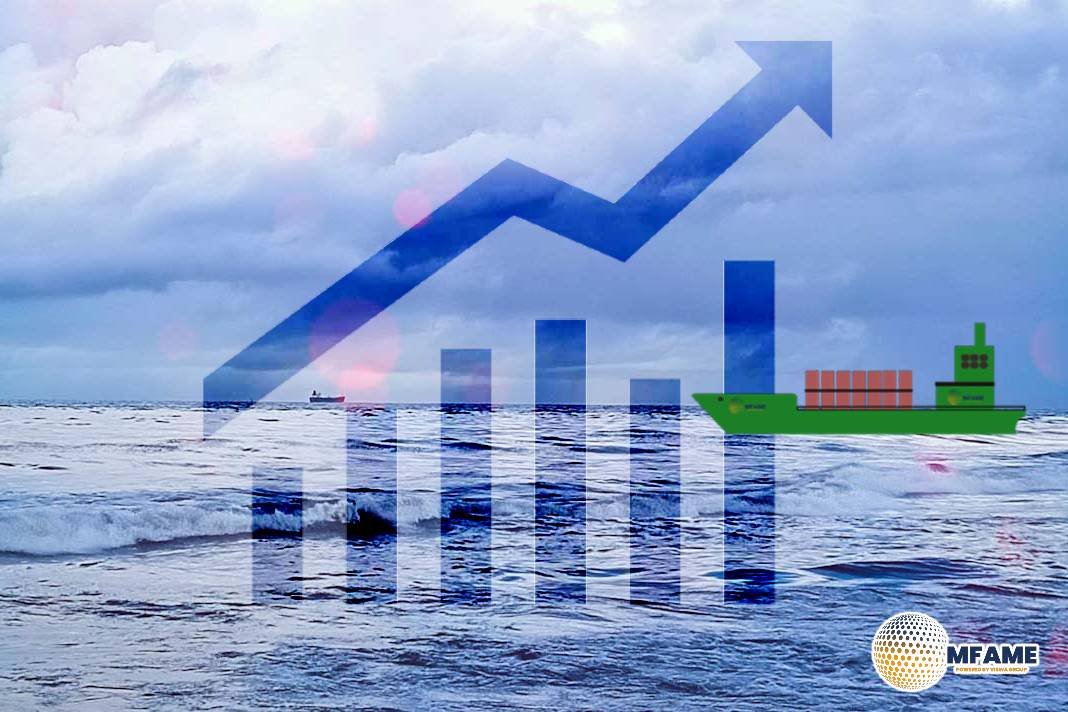- Renowned economist Marc Levinson predicts a decline in the prominence of large container vessels in the future trade landscape.
- In a changing global economy where trade becomes more fragmented and regionalized, Levinson suggests that enormous vessels lack practicality and flexibility.
- He highlights the trend of shorter international trade distances and the emergence of new industrial growth centers, indicating that smaller ships may be more efficient for certain trade routes.
Renowned economist, historian, and journalist Marc Levinson shares insights on the future of large container vessels in the evolving trade landscape. Levinson argues that the traditional model of massive container ships may become increasingly obsolete due to changing trade patterns and technological advancements.
The Shift Towards Regionalized Trade
Levinson notes a significant trend towards regionalized trade, where the average distance of international trade is decreasing. This shift is driven by various factors, including the regionalization of trade blocs and the emergence of new industrial hubs. As trade routes become shorter, the practicality of using large container vessels diminishes, raising questions about their efficiency and adaptability.
Challenges of Large Container Vessels
One of the key challenges facing large container vessels is their lack of flexibility in navigating changing economic dynamics. Levinson emphasizes that while these massive ships may be suitable for long-haul routes between major trade hubs, they may not be the most efficient option for shorter distances. Port congestion and handling complexities further exacerbate the drawbacks of using large vessels, particularly in rapidly growing regions.
The Impact of Tariff Policies
In addition to structural changes in trade patterns, Levinson discusses the potential impact of tariff policies on global commerce. He highlights concerns raised by former US President Donald Trump’s proposed tariffs, warning of disruptions to international trade flows. Despite geopolitical tensions and protectionist measures, Levinson suggests that fears of a return to mercantilism or a new Cold War may be exaggerated, though government intervention in certain sectors is on the rise.
Did you subscribe to our daily Newsletter?
It’s Free! Click here to Subscribe
Source: Container News


















